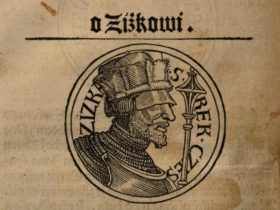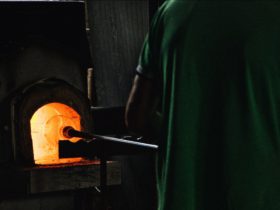President Petr Pavel has taken a surprising step towards helping Liechtenstein find a peaceful resolution to long-standing disputes with the Czech Republic. Pavel’s warm gestures towards the princely family, who are prosecuting the Czech Republic for billion-dollar assets and compensation of 35 billion, have caught some government and opposition members off guard.
Liechtenstein offers to withdraw lawsuits and renounce claims to ownership and compensation, provided the assets are placed in a Czech-Liechtenstein fund. Both parties would oversee the fund, but the Prince of Liechtenstein Foundation, which manages all assets of the Alpine principality, would address the assets.
According to experts, there is no legal or moral reason for the conciliatory attitude, and it only weakens the otherwise strong Czech positions at the European Court of Human Rights in Strasbourg, where Liechtenstein has sued the Czech Republic. The government’s reaction to the Liechtenstein peace offer is lukewarm and uncertain. The Ministry of Justice appeals for the court’s decision to be awaited, as the court will deal with the question of possible compensation only after the verdict is pronounced.
Veronika Bílková, Head of the Department of International Law at Charles University, warned that this would call into question the decisions of Czech courts, which have rejected all claims of the principality so far. And it would breach the inviolability of Beneš’s decrees, based on which the Liechtenstein property was confiscated after the war because they were probably loyal to Nazi Germany, and this would threaten the entire Czech legal order.
President Pavel’s active involvement in the dispute raises questions and concerns. The Czech government’s ultimate response to Liechtenstein’s offer remains uncertain, and the issue may only be resolved in court.









